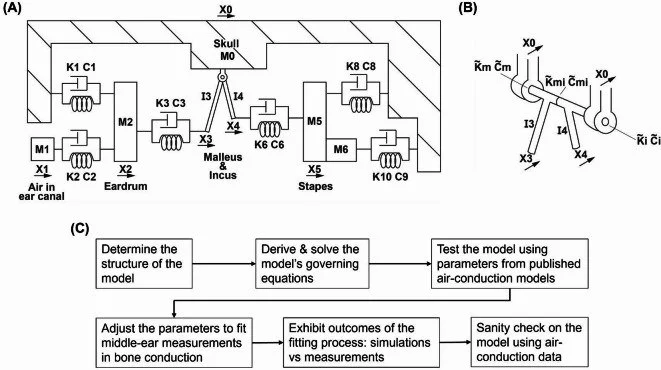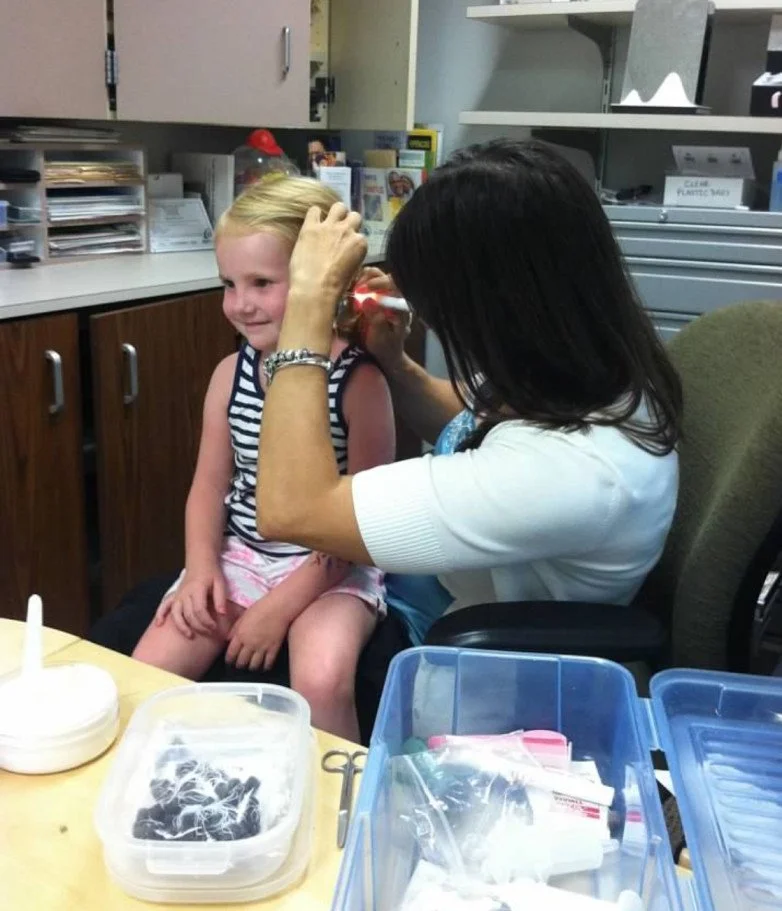By Daniel Fink, M.D.
Reading about electrical engineer and hearing health advocate Andrea Kaneb’s experience in the Summer 2024 issue of Hearing Health magazine upset me. Ms. Kaneb went to see a performance of a play in which her daughter-in-law was acting, only to learn that the assistive device the auditorium had available didn’t work. That’s not right.
The Americans with Disability Act guarantees Americans with disabilities full and equal enjoyment of places of public accommodation. Under Title III of the ADA, everyone with a hearing loss has a statutory right to hearing assistance.
For people with hearing loss, a lack of assistive listening devices in an auditorium is as much a barrier to enjoyment of a performance as a steep flight of stairs would be to someone with a mobility disorder.
Here I warn readers that I’m a doctor, not an attorney, so I don’t have a deep understanding of disability law, but I do know the basics.
The goal of the ADA is to ensure that people with disabilities can fully participate in all aspects of life. The legal standard is even higher, requiring those with disabilities to have the full enjoyment of places of public accommodation. Places of public accommodation are pretty much any place open to the public, with certain exclusions for private clubs and religious institutions.
My concern in a paper I wrote in 2017 was about too-noisy environments causing problems for those with hearing loss being unable to understand conversations, especially noisy restaurants. High levels of ambient noise also bother those with tinnitus and hyperacusis.
For people with hearing loss, lack of assistive listening devices in an auditorium is as much a barrier to enjoyment of a performance as a steep flight of stairs would be to someone with a mobility disorder. Credit: @kristsll/Unsplash
But for people with hearing loss who need assistive devices to understand what’s being said onstage, who need subtitles when watching a movie in a theater, television at home, or require live captioning when participating in a Zoom meeting, lack of these features is also a disability rights issue.
There are ADA standards for the deaf, including requirements for teletype communications, visible fire alarms, and translation services. Unfortunately, there are no specific ADA standards for those with moderate to severe hearing loss, which is the largest category of people with difficulty hearing, including Ms. Kaneb.
This means that approximately 15 percent of the American population, the nearly 50 million people with moderate to severe hearing loss, are denied the equal protection of the law guaranteed by the 14th Amendment, which includes citizenship rights.
My understanding of how ADA standards are developed is that the U.S. Access Board develops general criteria, and then the Disability Rights Section at the Department of Justice actually writes and publishes the standards and regulations.
In Europe, telecoil or closed loop technology is more widespread than in the United States, and European Union policies require accessibility of the built environment, including for those with hearing loss.
What can be done? Advocacy organizations can petition the U.S. Access Board to develop criteria to help those with hearing loss understand what is being said in auditoriums and other public venues. They can lobby their elected representatives at the local, state, and federal levels either to pass legislation requiring this, or to pressure appropriate agencies to take action as required by existing legislation.
The cultural venues I frequent in Los Angeles all provide assistive listening devices free of charge upon request. This should be the standard everywhere, so no one has to face the problem Ms. Kaneb encountered.
In the meantime, individual lawsuits or group actions against non-compliant venues may be necessary, similar to the Civil Rights movement of the 1960s. People with auditory disorders, including hearing loss, tinnitus, and hyperacusis, have rights that must be fought for.
We need to advocate not only for the assistance those with hearing loss require, but also for quieter places of public accommodation for those affected by tinnitus and hyperacusis. As with civil rights, we must be willing to take legal action to secure the full and equal enjoyment of public spaces guaranteed by the ADA.
A quieter world will be a better and healthier world for all.
Longtime contributor Daniel Fink, M.D., is the program chair of the Quiet Coalition, a program of Quiet Communities Inc.








Cochlear implants work differently from hearing aids. Instead of making sounds louder, they bypass the damaged parts of the inner ear and send signals directly to the brain, allowing individuals to perceive sound more clearly.